Positions through iterating: 1 / 2
This week, I started by mapping out keywords from previous practices and searching for new references. In Borges’ essay “The Analytical Language of John Wilkins,” he presents a fictional critique of the taxonomy proposed by John Wilkins, later discussed in Michel Foucault’s “The Order of Things.” In the project “The World Explained,” Erick Beltrán collects what he calls “personal theories: forms of everyday, unspecialized knowledge” and compiles them into a publication, with each section of knowledge accompanied by three different words as its title; In “The Parallel Encyclopedia,” images of similar objects are juxtaposed within the same spread, creating mysteriously composed layers. In the project “Evaluation of Space,” Oliver Griffin conducts a small experiment, evaluating photos of fences with handwritten notes. In my opinion, these references share a common theme of intervening in established knowledge systems to redefine meaning.
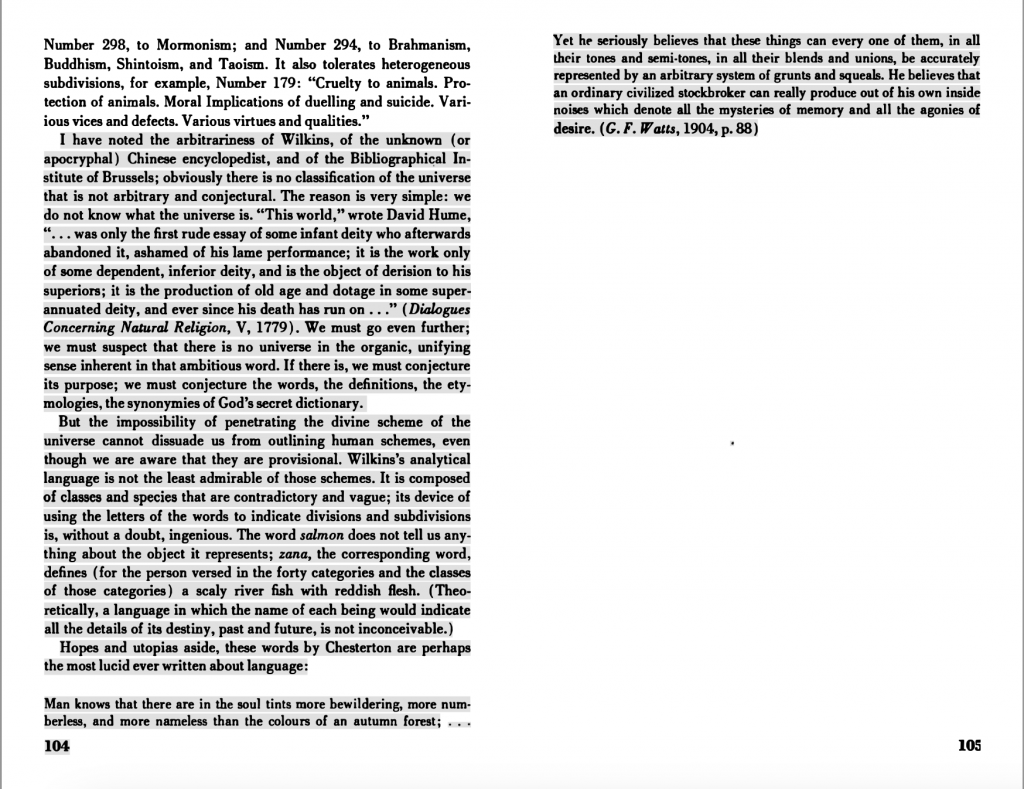
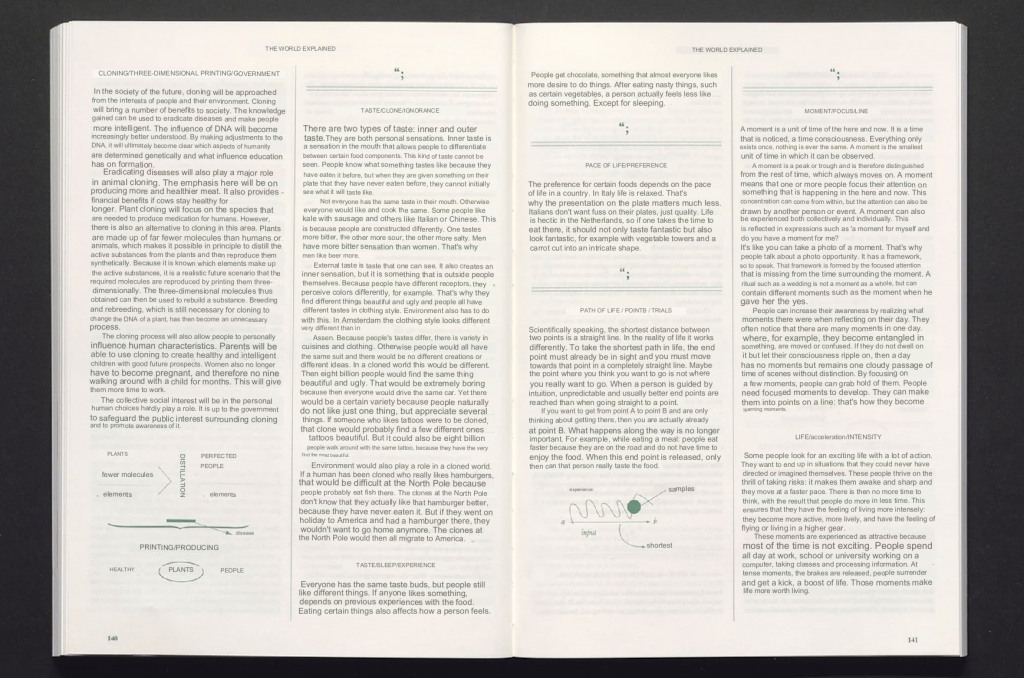
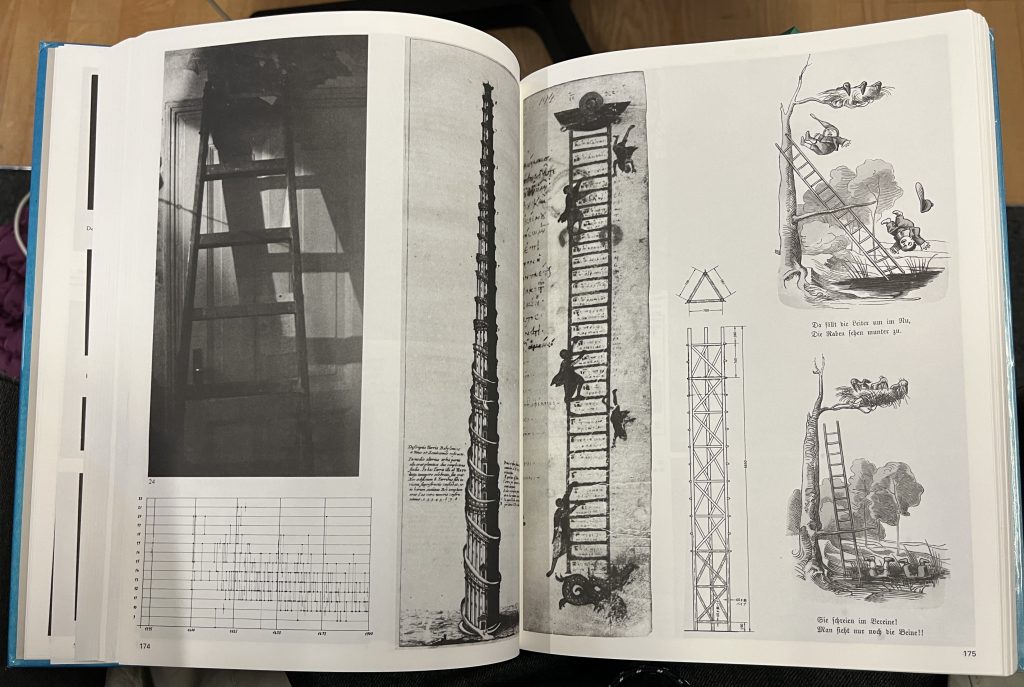
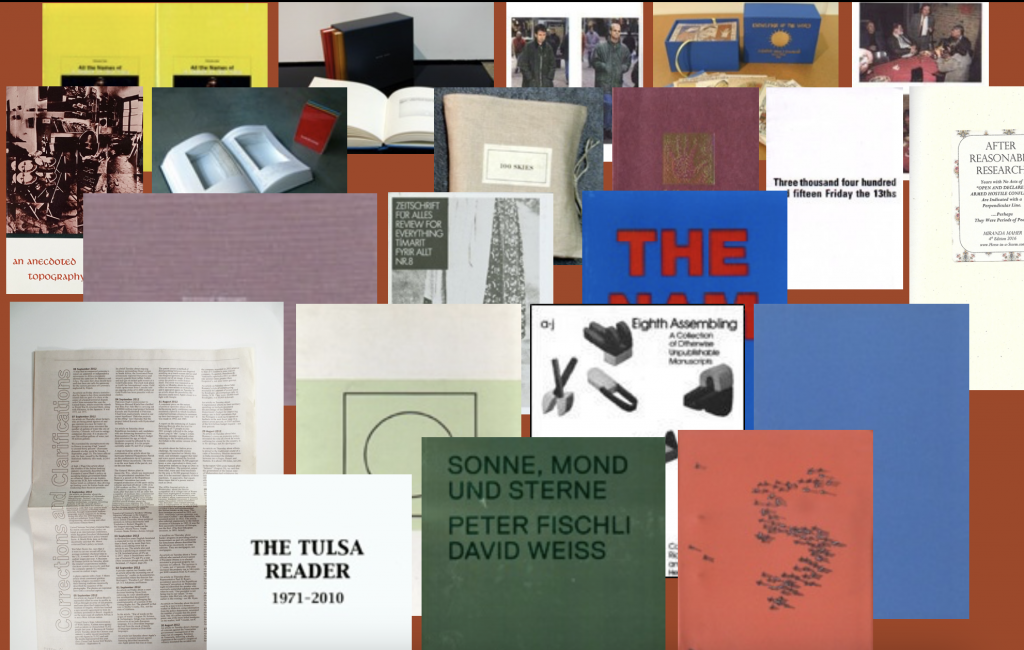
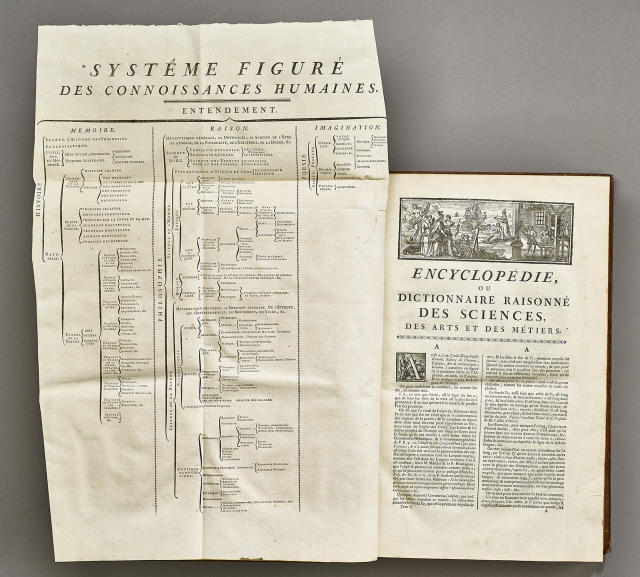
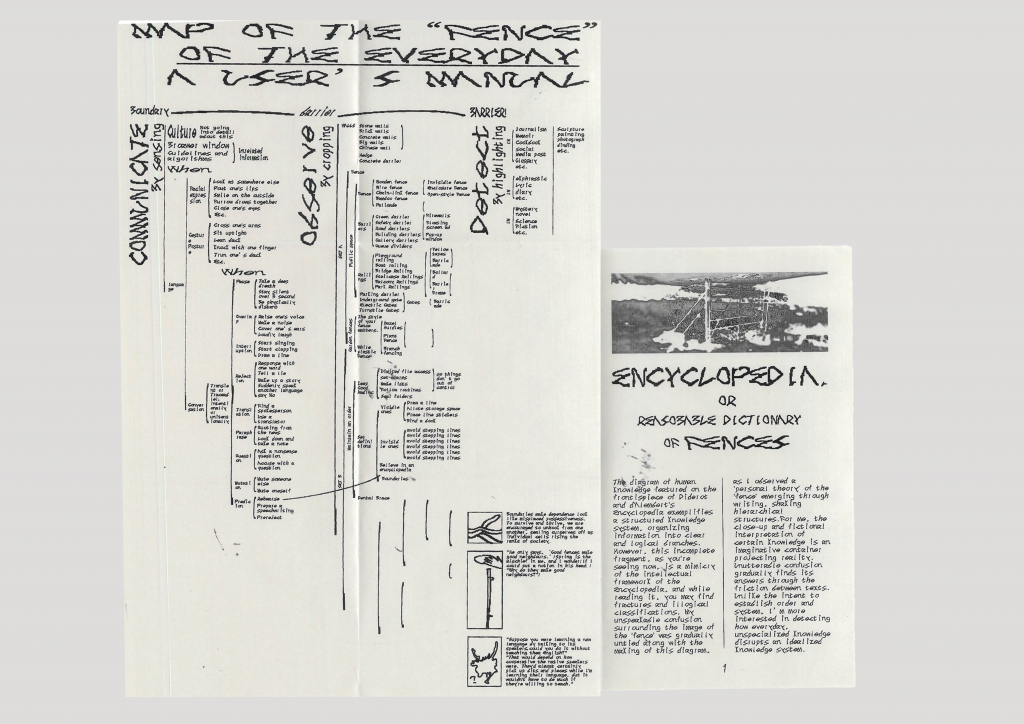
The diagram of human knowledge featured on the frontispiece of Diderot and d’Alembert’s Encyclopedia exemplifies a structured knowledge system, organizing information into clear and logical branches. However, this incomplete fragment, as you’re seeing now, is a mimicry of the intellectual framework of the Encyclopedia, and while reading it, you may find fractures and illogical classifications. My unspeakable confusion surrounding the image of the ‘fence’ was gradually untied along with the making of this diagram, as I observed a ‘personal theory’ of the ‘fence’ emerging through writing, shaking hierarchical structures. For me, the close-up and fictional interpretation of certain knowledge is an imaginative container projecting reality. Unutterable confusion gradually finds its answers through the friction between texts. Unlike the intent to establish order and system, I’m more interested in detecting how everyday, unspecialized knowledge disrupts an idealized knowledge system.